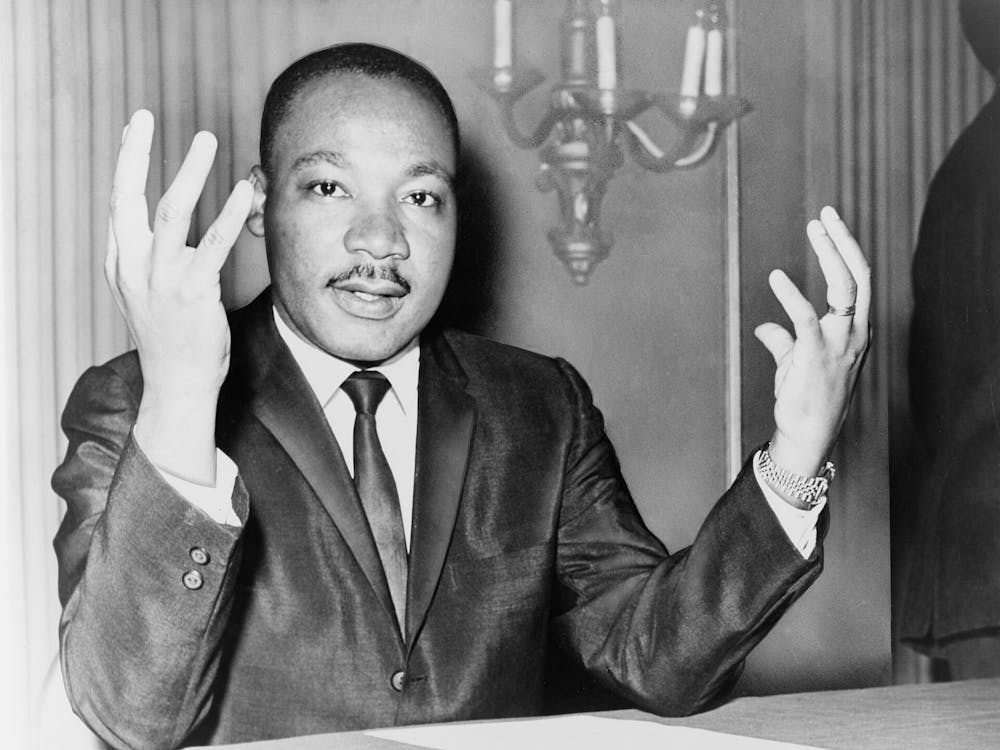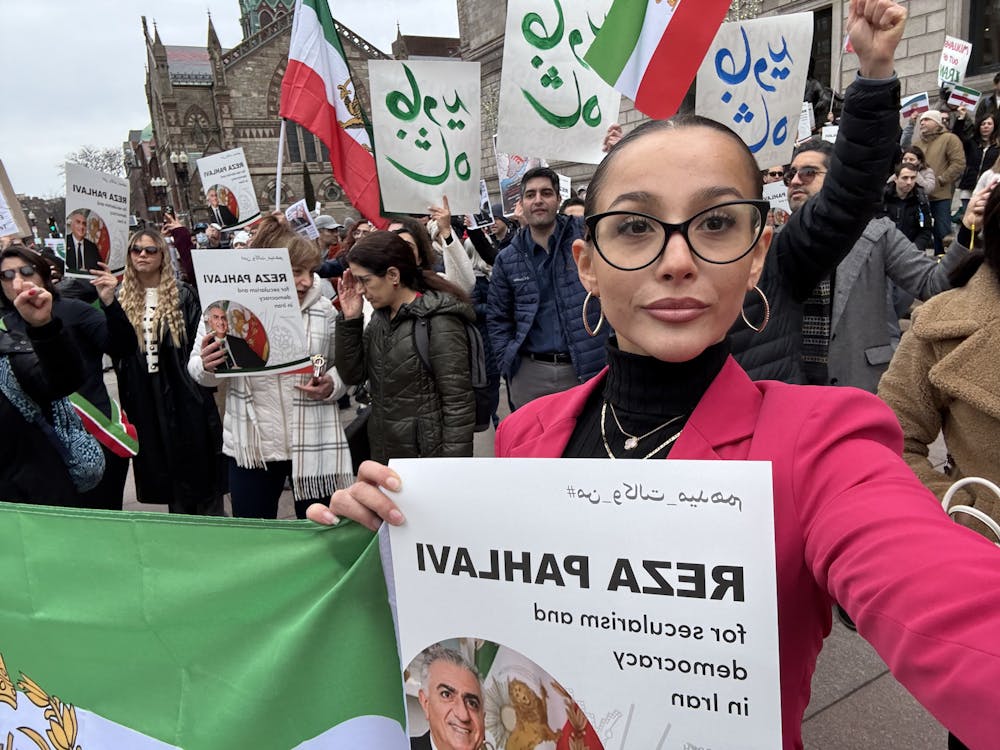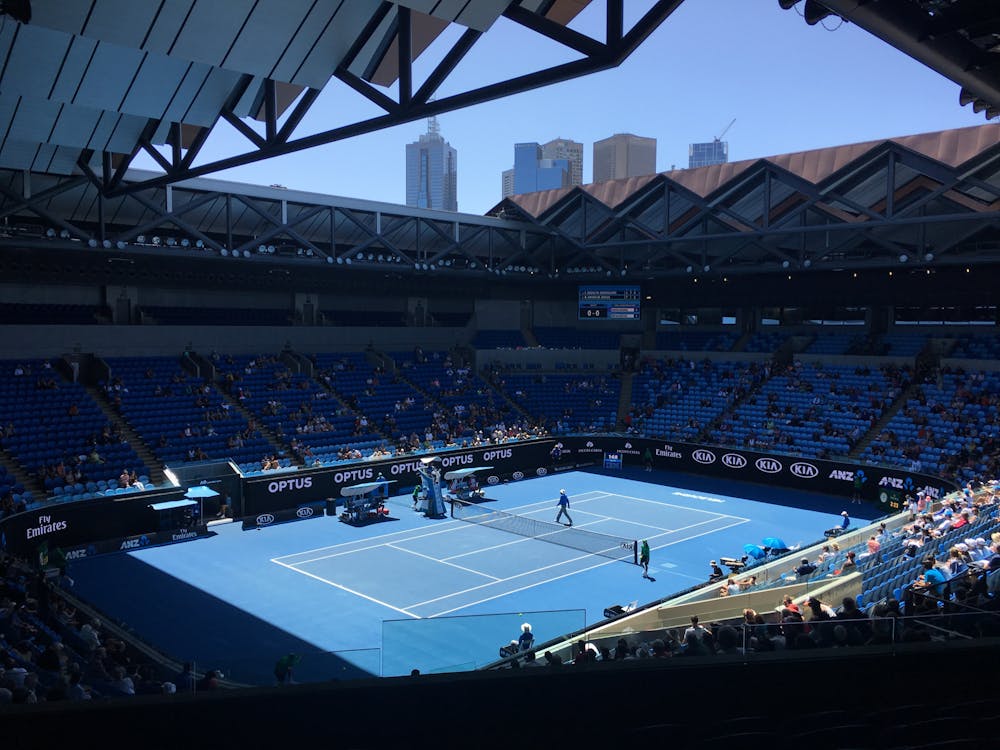As a student body, we have endured a lot this year. The University’s sudden announcement in August that the semester would be entirely virtual was far from ideal. Students had already booked flights, signed leases and made plans to return to Baltimore before the University urged students to stay home.
We tackled Zoom classes with bad wifi, worked across time zones and learned to study outside of Brody. We thank the professors that have been lenient and understanding during this historic semester.
And we thank the University for improving its response to COVID-19. This semester, the University failed to provide asymptomatic testing for students living off-campus in Baltimore, despite repeated demands from students. Now, administrators plan to do so, regardless of whether or not spring operations are in-person. We appreciate this action, and hope testing is convenient and accessible for all members of the Hopkins community. The University also plans to expand its campus dashboard, which is necessary as more students return to Baltimore.
In August, students were left scrambling when fall plans were changed at the last minute. Since then, however, communication from Hopkins has improved significantly. The University has been consistent with its timeline for spring plans and has provided frequent updates to students. This trend must continue; Hopkins must regularly inform students of developments over break and Intersession, especially with regard to housing and tuition.
Additionally, despite insensitive emails during nationwide protests against racist police brutality, yesterday the University took a proactive approach to addressing new but not unsurprising revelations about Johns Hopkins. Though touted as an abolitionist, the founder of our University enslaved Black people. We’re glad the University is choosing to acknowledge its racist history, but we need to reckon with more than just our distant past; racism at Hopkins has long outlived our namesake.
The University has a long history of exploiting Black residents of Baltimore and failing to support its Black students and faculty. Beyond researching our founder’s past, the University must grapple with how it promotes racism today.
In response to demands made by the Black Student Union in the wake of the Baltimore Uprising, the University drafted the 2016 Roadmap on Diversity and Inclusion. Yet the Roadmap 2020 Task Force’s anti-racism measures are disturbingly similar, which poses the question: How effectively has Hopkins listened to its Black students over the past four years?
Similarly, despite overwhelming student and faculty opposition, Hopkins has yet to cancel its plans for a private police force, only delaying the force due to national pressure. Going forward, the University’s efforts must be more than public relations tactics. Hopkins must pursue tangible, long-term changes to address the issues embedded in our institution.
Last month, the Second Commission on Undergraduate Education (CUE2) released its final report on how to improve the undergraduate academic experience. CUE2 is a potential avenue for structural change at Hopkins, and we urge the University to take this opportunity.
This report also notes that Hopkins students are more stressed than their counterparts at peer institutions. We are glad that Hopkins has increased mental health support for students, such as its partnership with TimelyMD. While the pandemic has imposed additional burdens on student mental health, it has exposed pre-existing issues that we already knew had to be addressed.
We hope that, going forward, there will be a systemic change in the way the University responds to both immediate and long-term crises. It should not have taken a pandemic for students to get regular updates and information, and it should not have taken a national reckoning with racism to postpone the private police force.
Going into 2021, we also want to make a plea to our fellow students. Although COVID-19 vaccines are on the horizon, cases in the U.S. are higher than they’ve ever been. We must continue to take social distancing seriously as more Americans travel, and as more people return to Baltimore. Make sure to get tested before traveling (72 hours before entering Maryland) and to quarantine for 14 days after traveling.
Stay safe and take care of yourself and your loved ones. We look forward to working our way through 2021 with you.





